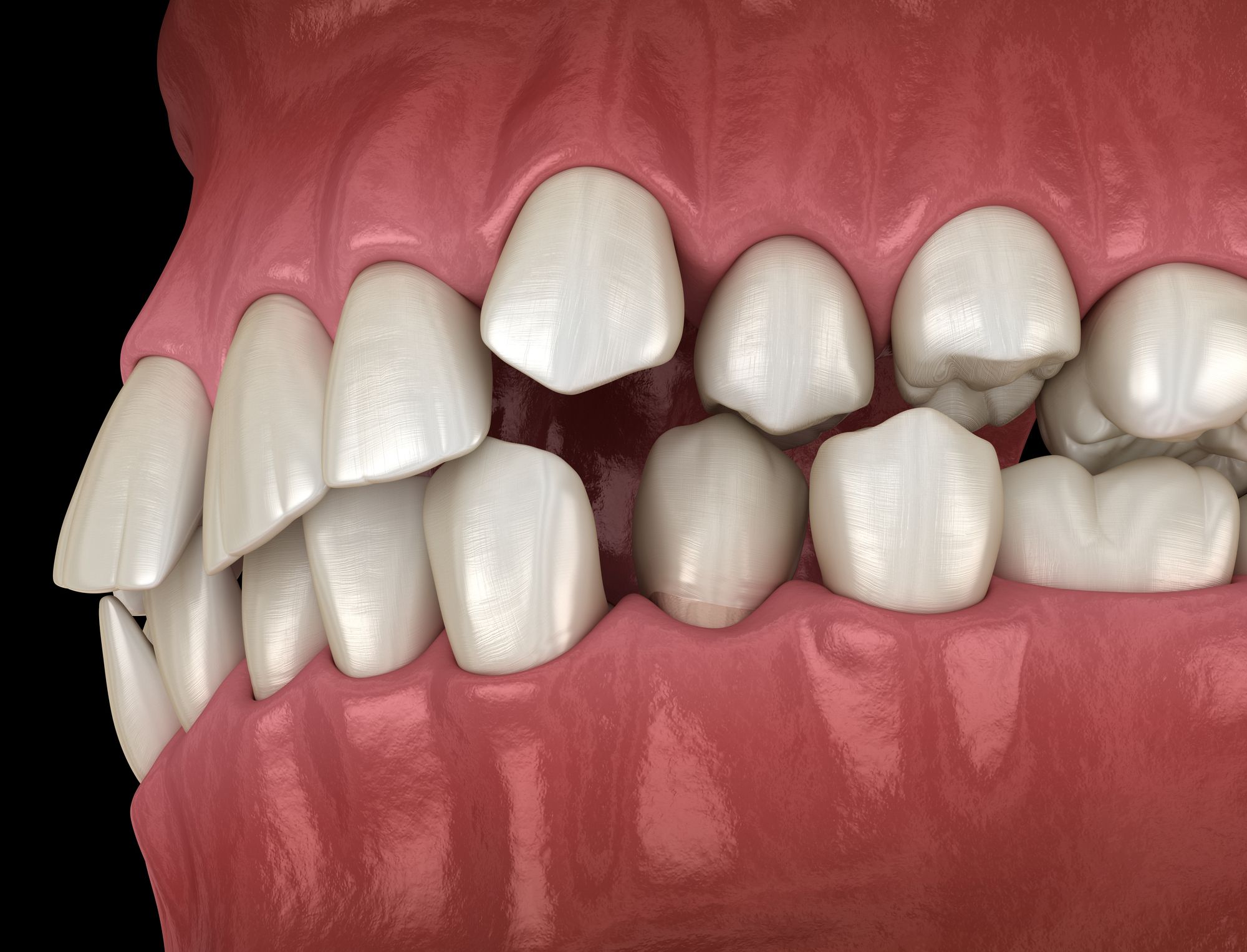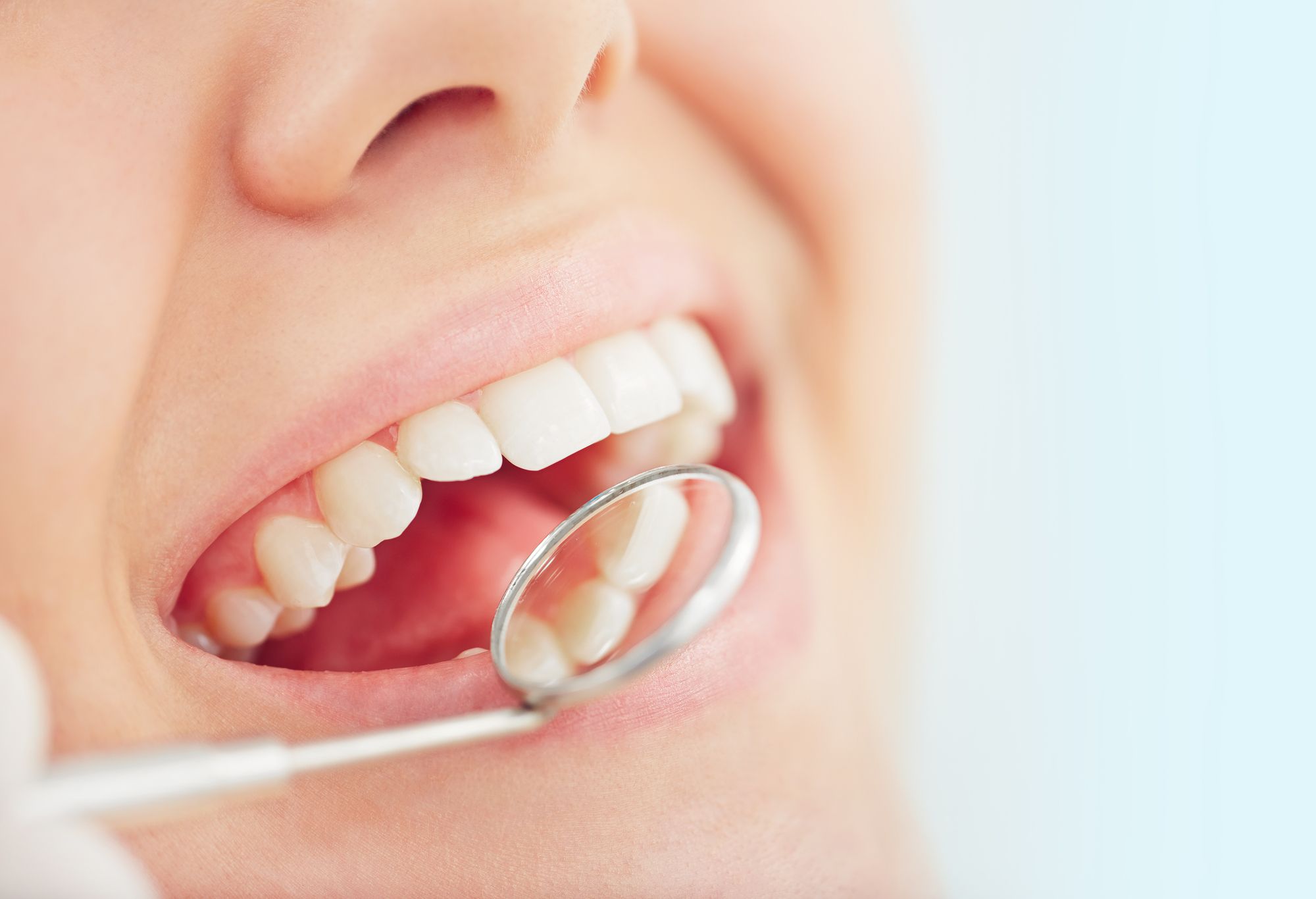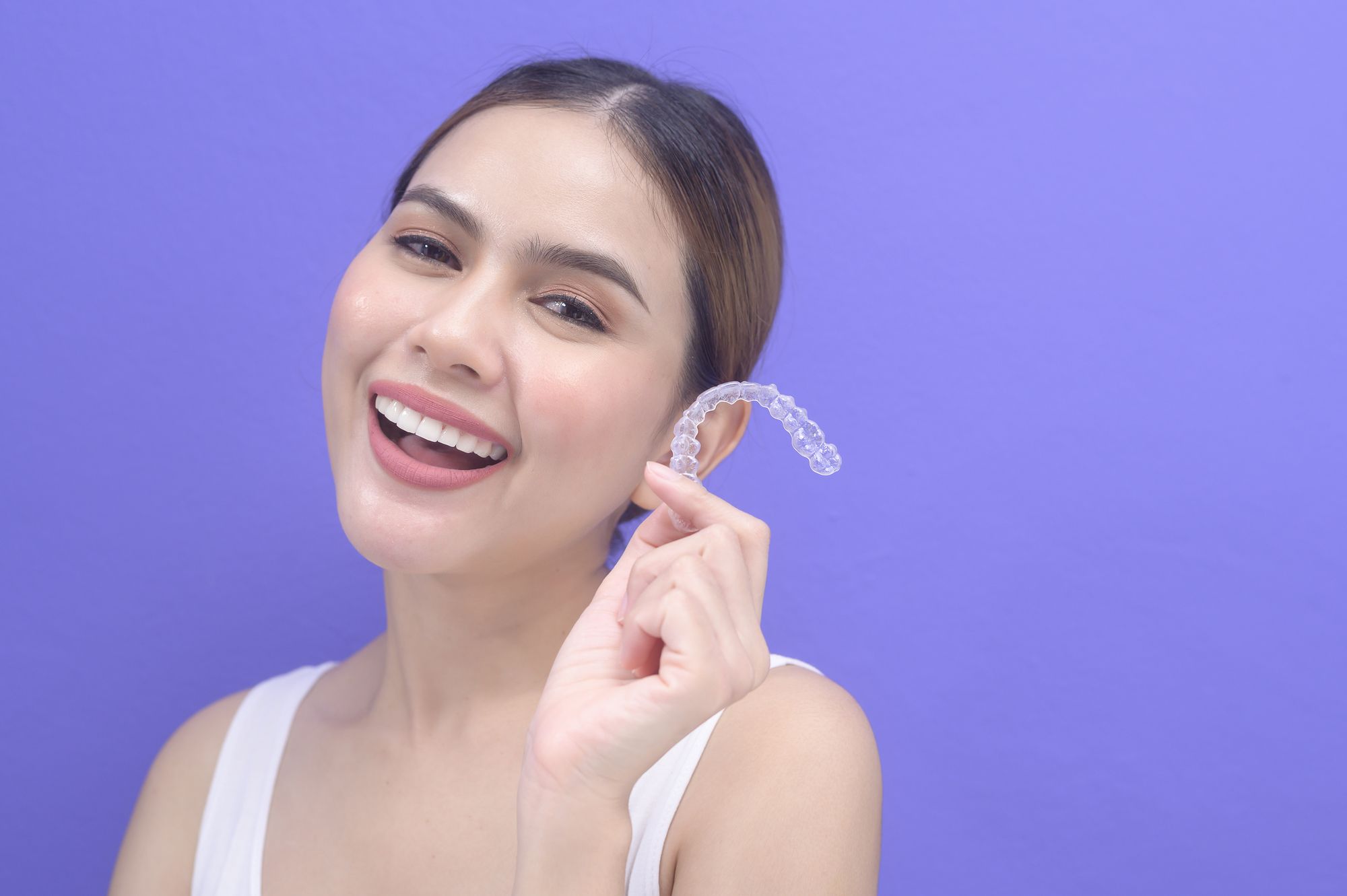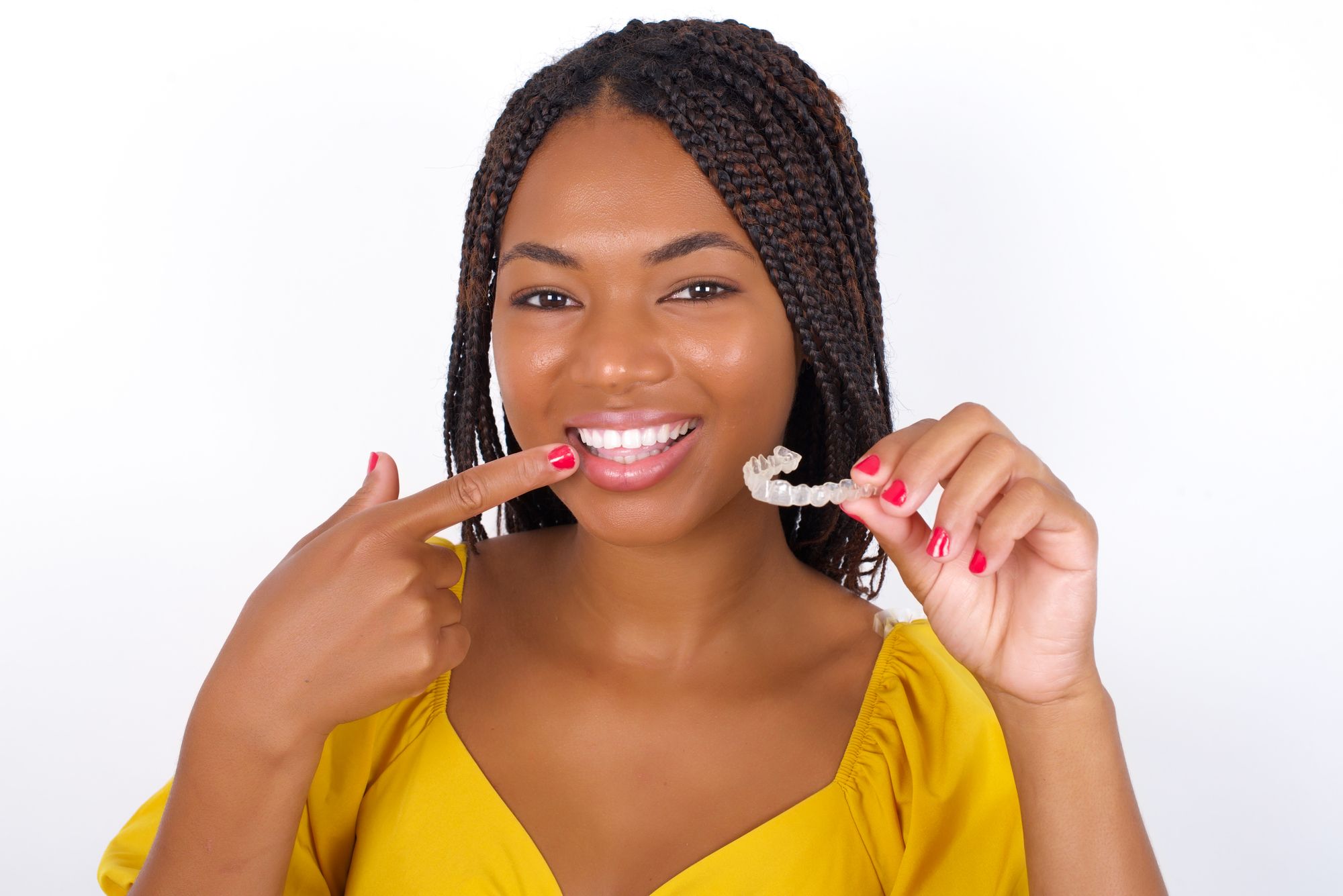The Hidden Perils of Crooked Teeth: Unraveling the Health Risks
Beyond the cosmetic concerns, crooked teeth can pose significant health risks that often go unnoticed. That’s why early orthodontic treatment with a trained and licensed orthodontist in Tomball, TX, is so important.
If you or a loved one are interested in orthodontia, seeking care sooner rather than later is key. Indeed, healthcare experts recommend orthodontic intervention for patients starting as young as seven years old. So, save yourself extra time and money by getting started at Harmony Orthodontics in Tomball, TX, today. Our team can help you fix dental issues to avoid costly repairs in the future. Just dial (832) 699-3683 to request your appointment now!
When dental issues (including crooked teeth) go untreated, it can lead to more complex issues in the future. In this blog, we delve into the hidden perils of misaligned teeth and shed light on the potential health implications.
Oral Hygiene Woes
To properly clean teeth, there must be as much surface area exposed as possible. However, misaligned teeth limit surface area and create nooks and crannies that are difficult to reach with a toothbrush and floss.
These hard-to-reach areas quickly become a haven for plaque and bacteria. Over time, this can lead to tooth decay, cavities, and gum disease.
Increased Risk of Gum Disease
Crooked teeth not only make cleaning difficult but also contribute to an increased risk of gum disease. Misalignments create pockets between the teeth and gums where bacteria can thrive and populate quickly, leading to inflammation and infection.
Untreated gum disease can progress to more severe stages, impacting not only oral health but also raising the risk of systemic conditions, such as:
- Heart disease
- Diabetes
- Respiratory conditions
- Pregnancy complications
Bite Irregularities
Crooked teeth can result in bite irregularities, such as:
- Overbites
- Underbites
- Crossbites
These issues can lead to temporomandibular joint (TMJ) disorders and uneven wear on the teeth. A compromised bite can also affect the efficiency of chewing, potentially leading to digestive problems and nutritional deficiencies over time.
Speech Impediments
The arrangement of our teeth influences the way we pronounce words. Crooked teeth may contribute to speech impediments, affecting clarity and communication. Over time, individuals with misaligned teeth may develop compensatory speech patterns, potentially leading to self-esteem issues and social withdrawal.
Increased Risk of Tooth Injury
Crooked teeth are more prone to injury, especially during accidents or while participating in sports. Protruding or misaligned teeth are more susceptible to chipping, cracking, or even being knocked out. This not only poses immediate risks but can also lead to long-term dental issues that may require extensive and costly treatments.
Headaches and Jaw Pain
Misalignments can strain the muscles in the jaw and face, leading to chronic discomfort. Persistent headaches and jaw pain can significantly impact an individual’s quality of life, affecting daily activities and overall well-being.
Crooked Teeth? No Problem!
While the health risks of crooked teeth extend far beyond cosmetic concerns, early treatment can prevent or limit the effects of misaligned smiles. If you’d like to explore your orthodontic options with Dr. Wint Tun in Tomball, TX, then contact Harmony Orthodontics today! Our team can help you choose options that benefit your smile and body. So, don’t wait – request a consultation online or call our front desk at (832) 699-3683.









